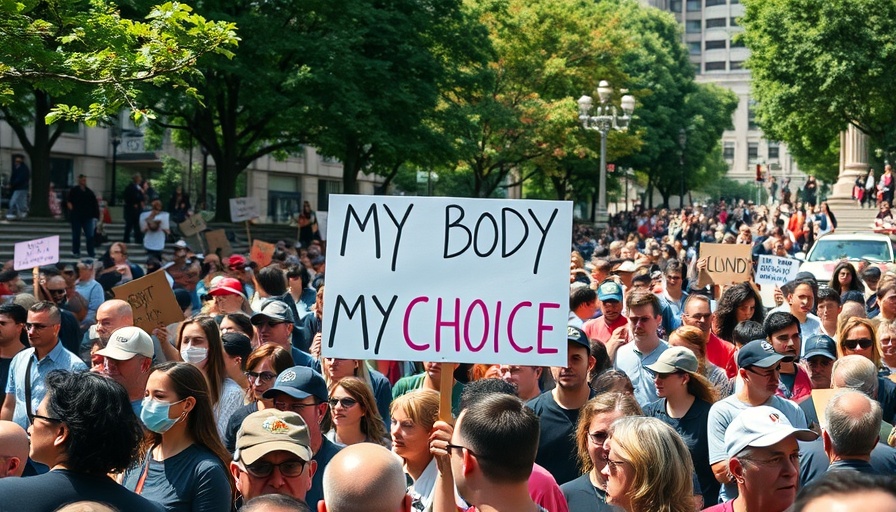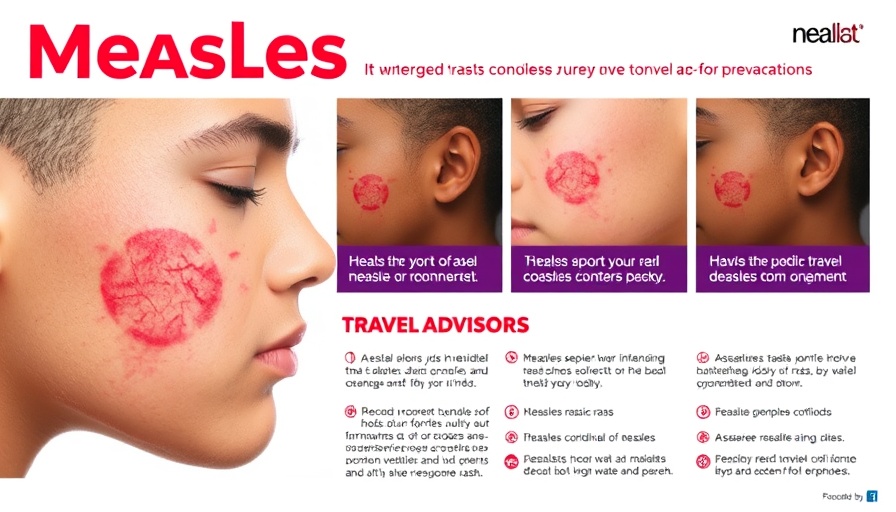
A Heartbreaking Loss: Measles Fatality in Lubbock
The recent death of an unvaccinated child from measles in Lubbock, Texas, serves as a chilling reminder of the dangers posed by vaccine hesitancy. This tragedy not only signifies a personal loss for the family involved but also highlights the broader health implications for the community. Health officials have been alarmed by the increasing number of unvaccinated individuals, particularly in the context of the ongoing outbreak in Lubbock. With measles cases on the rise, understanding the implications of vaccine refusal has never been more urgent.
Understanding Measles: Risks of Vaccine Hesitancy
Measles, a viral infection, is highly contagious and can lead to severe health complications, including death. In this case, the child’s death is part of a concerning trend tied to rising vaccine hesitancy. Many parents may feel uncertain about vaccines due to misinformation spread via social media, leading them to opt out of essential immunizations for their children. In light of this information, it becomes crucial for community leaders and health advocates to address these fears and misconceptions by providing evidence-based resources and support.
The Crucial Role of Vaccination
Vaccination is not merely a personal choice but a public health necessity. When individuals choose to vaccinate, they contribute to herd immunity, protecting those who cannot receive vaccinations due to health conditions. Effective vaccines have drastically reduced the prevalence of preventable diseases like measles, supporting the health and safety of entire communities. Public health campaigns that focus on educating parents about the importance and safety of vaccines can play a key role in curbing vaccine hesitancy and preventing tragic outcomes like that witnessed in Lubbock.
Community Impact: The Power of Herd Immunity
Herd immunity occurs when a large percentage of a community becomes immune to a disease, thereby offering protection to those who are not immune. In the case of measles, a highly contagious virus, achieving herd immunity is critical to stopping its spread. Health officials stress that everyone’s decision to get vaccinated creates a protective barrier that safeguards vulnerable populations, including infants and those with compromised immune systems. The community as a whole must recognize the collective benefit of vaccinations to protect even those who are unvaccinated.
Combating Misinformation
Misinformation surrounding vaccines is rampant and continues to fuel hesitancy. Various myths about vaccine safety and efficacy proliferate online, influencing parents' decisions to forgo necessary immunizations for their children. As public health advocates, it is essential to counter these misconceptions by disseminating accurate information through trusted channels. Community leaders, healthcare providers, and educators must collaborate to ensure that factual information about vaccines reaches all families.
The Path Forward: Community Awareness and Education
As we mourn the loss of a young life to a preventable disease, it’s crucial to emphasize the importance of vaccination in our communities. Health officials indicate that ongoing engagement and robust educational campaigns can help to restore confidence in vaccines. By addressing specific concerns and providing transparent information, we can foster a culture of health awareness that prioritizes vaccinations. Let this tragedy serve as a call to action: inform others, advocate for vaccines, and participate in community health initiatives.
 Add Row
Add Row  Add
Add 




 Add Row
Add Row  Add
Add 

Write A Comment